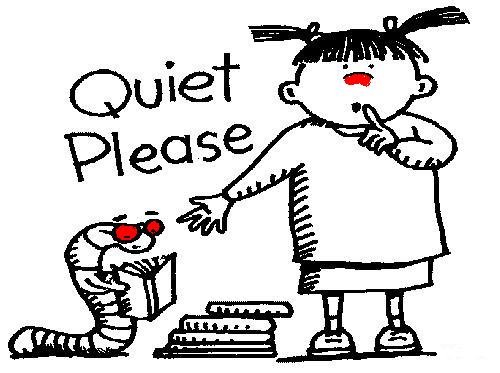Portobello Road is a great antique market which is open on Saturdays. You can find old furniture and vintage clothes there.
Petticoat Lane is the Cockney market. It is open on Sunday mornings and perhaps you can see a "Pearly King" and a "Pearly Queen".

Photo: ourfamily.com
Covent Garden was once the old fruit and vegetable market.
Now Covent Garden is a busy, but expensive place. There are lots of shops and cafes. The best time to go there is Saturday afternoon. Lots of people, mostly tourists watch the funny shows of artists and musicians.
 Photo: holiday-beds-direct.com
Photo: holiday-beds-direct.comHarrods is London's most famous department store. It is situated in Knightsbridge and very expensive. You can buy everything there, even an elephant.
Oxford Street is London's most popular shopping mall. This street is more than a mile long. The biggest shops are Selfridges, John Lewis and D.H. Evans. Carnaby Street is a great place for young people. It’s not expensive to shop there and there are lots of music shops, boutiques for young fashion, leather and souvenirs.

























